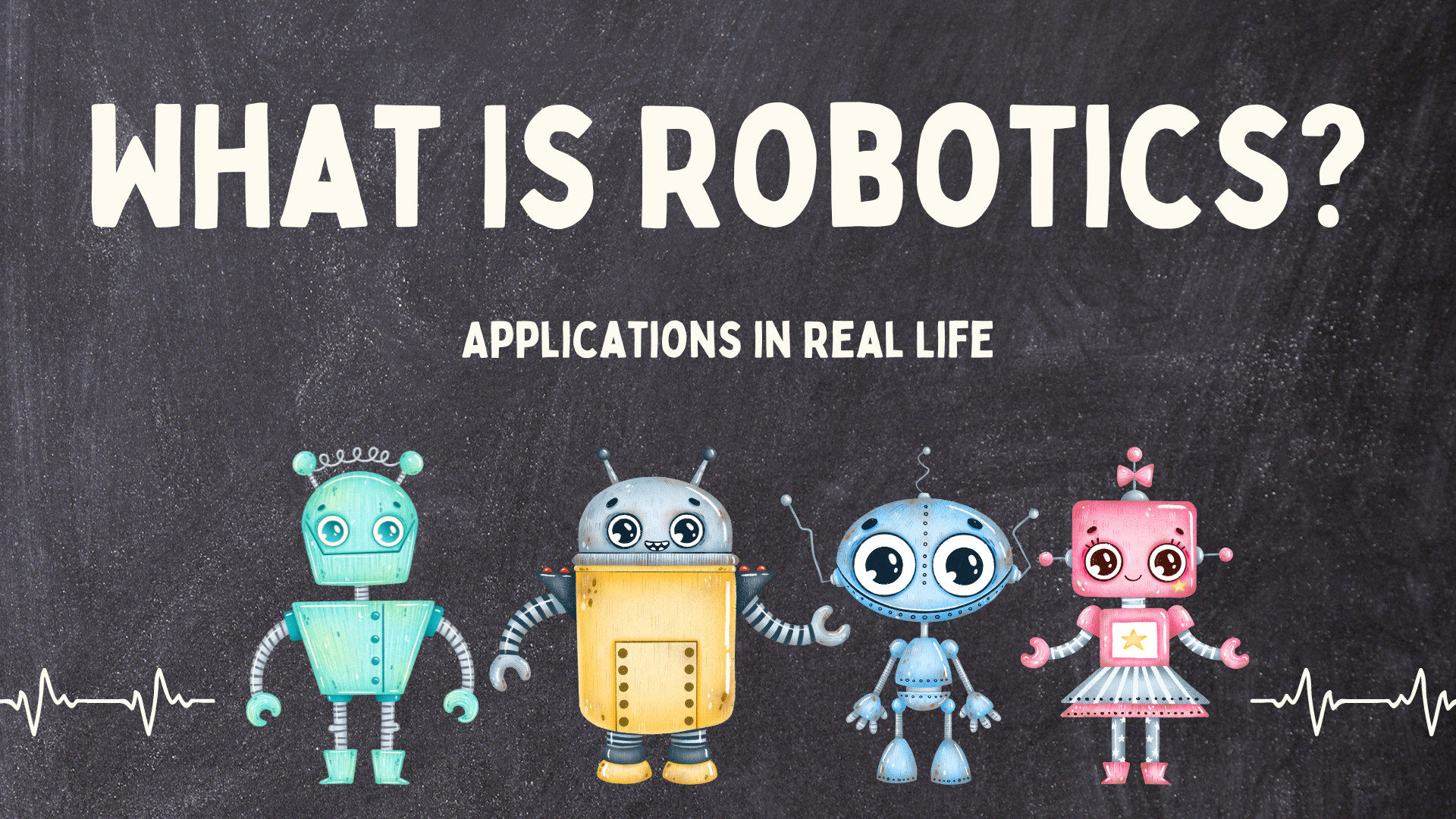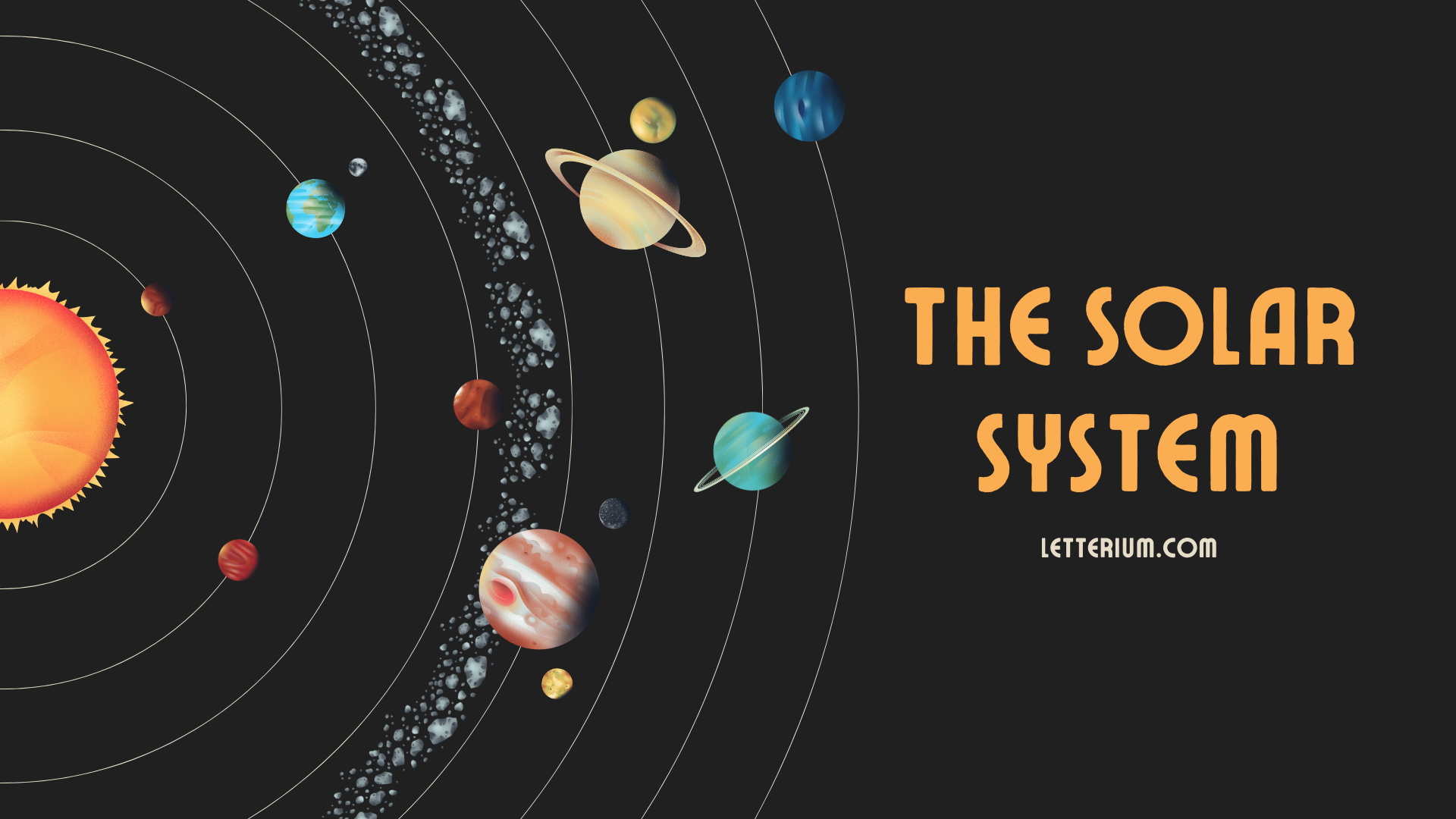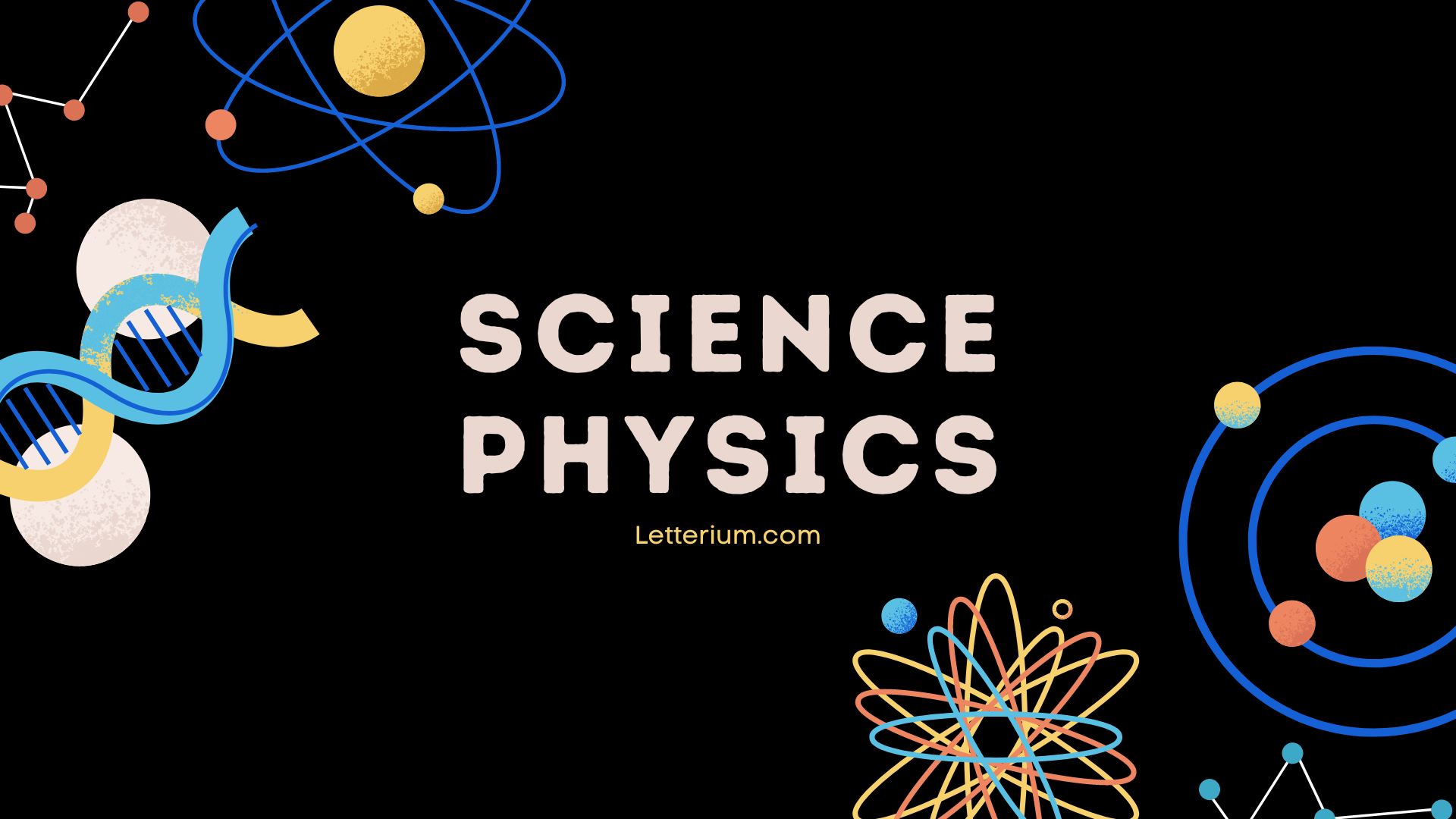Topic Most Popular News
In an era where climate change and environmental degradation loom over our collective consciousness, the concept of an 'Earth Green' has never been more critical. This phrase encapsulates a movement towards environmental sustainability, urging us to adopt eco-friendly practices to safeguard our planet. As inhabitants of Earth, it's our responsibility to ensure that the beauty and diversity of our planet are preserved for future generations. This article delves into the various aspects of making Earth green, from individual actions to global initiatives.
The journey of space exploration is a testament to human curiosity and ingenuity. From the first artificial satellite to the steps on the Moon and beyond, humanity's quest to explore the cosmos has led to significant advancements in technology and our understanding of the universe. This article delves into the history of space exploration, highlighting key milestones and the future prospects of venturing into the unknown.
Robotics, a dynamic and transformative branch of technology, integrates engineering, computer science, and artificial intelligence to develop robots capable of executing tasks that were traditionally considered the domain of humans. This field is revolutionizing industries by enhancing efficiency, safety, and precision, from manufacturing to healthcare, and extending its impact to everyday life with personal and educational robots. As robotics advances, it not only pushes the limits of machine capability through innovations in AI and machine learning but also prompts critical discussions on ethical, economic, and social implications. Its role in modern technology is not just about the creation of autonomous machines but about reshaping our understanding of human-machine interaction, with the potential to significantly alter how we live and work. Robotics stands at the forefront of technological innovation, promising a future where robots and humans coexist, collaborate, and evolve together.
Chemistry stands as the scientific study delving into the essence, behavior, and transformation of matter. It stretches across various branches including organic, inorganic, physical, analytical, biochemistry, and theoretical chemistry, each focusing on unique aspects of matter and its interactions. Central concepts such as atoms, molecules, chemical bonds, reactions, and the periodic table are foundational to understanding chemical processes. Tracing its origins to ancient practices and the pursuit of alchemy, chemistry evolved through significant discoveries like oxygen, paving the way for modern scientific inquiry. Today, chemistry's applications are vast and integral to numerous fields such as medicine, environmental science, materials science, and energy, showcasing its pivotal role in advancing technology, improving health, and solving environmental issues.
Astronomy, the oldest of the natural sciences, is the study of celestial objects and phenomena that originate outside Earth's atmosphere. It involves the observation and understanding of stars, planets, comets, galaxies, and the cosmos as a whole. Unlike its sibling science, astrology, which seeks to find meaning in the movements of celestial bodies, astronomy is grounded in rigorous, observational science and aims to understand the laws governing the universe.
Physics, the fundamental science of nature, seeks to understand the behavior of the universe at every scale—from the tiniest particles to vast cosmic structures. It's a discipline that has shaped our understanding of the world, underpinning technological advancements and contributing to the philosophical ponderings about the nature of reality. This article delves into the core areas of physics: its fundamental principles, quantum mechanics, optics, and photonics, providing insights into how these fields contribute to our understanding of the physical world.


 English
English 




